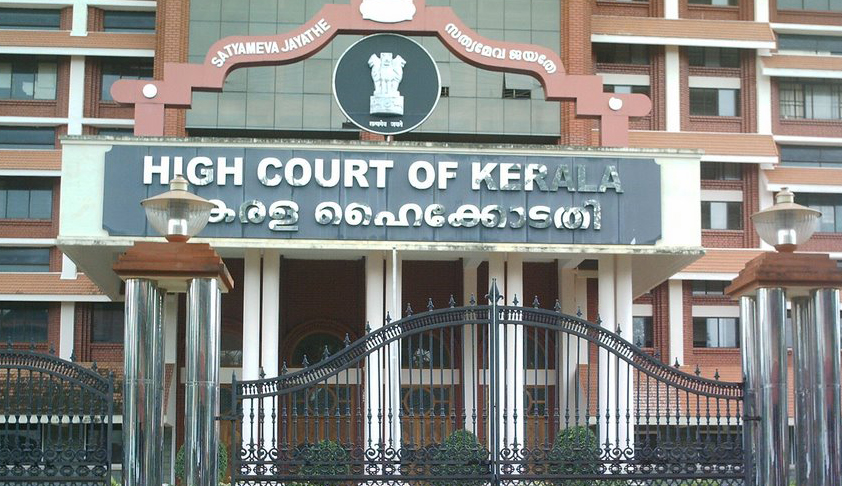No Prior Agreement needed with Foreign Country to examine a Witness by Video Conferencing: Kerala High Court
Nirmal Mathew
8 Jun 2014 12:26 PM IST

Next Story
8 Jun 2014 12:26 PM IST
The High Court of Kerala in a significant judgment has ruled that even though there are no arrangements between the Government of India and the Government of a foreign country under S.285(3) of the Criminal Procedure Code (CrPC) it would not be a bar for examining a witness by video conferencing. In the judgment Nabeesathu Sudheer @ Mondi Sudheer v. State of Kerala, the division bench also...
